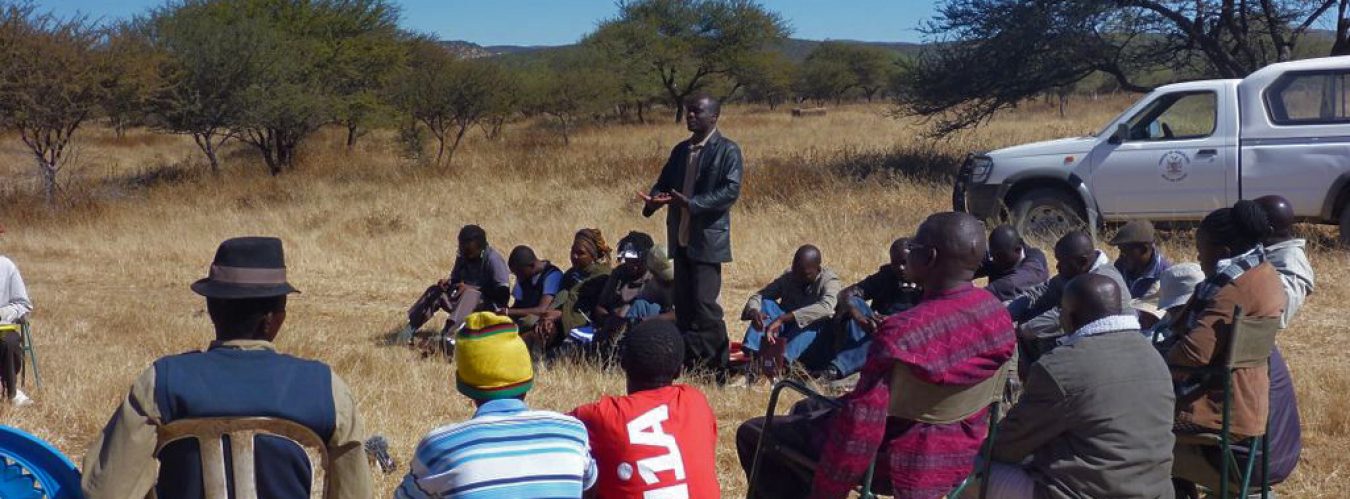LINGS’ core focus is to study the local institutional dynamics and socioeconomic consequences generated through state decentralization reforms targeting rural water-management (mainly boreholes) within the communal farming areas of the Kunene region, north-western Namibia.
Starting in the mid- 1990s and partly rooted within global models, the devolution process meant that local-user communities had to establish committees and associations as well as specific sets of rules in order to obtain rights to collective manage local water-supply.
Applying a longitudinal and comparative anthropological perspective, the research team explores what kind of institutions develop, how they are shaped by local perspectives and global policies, and what social, economic and political consequences they have.
